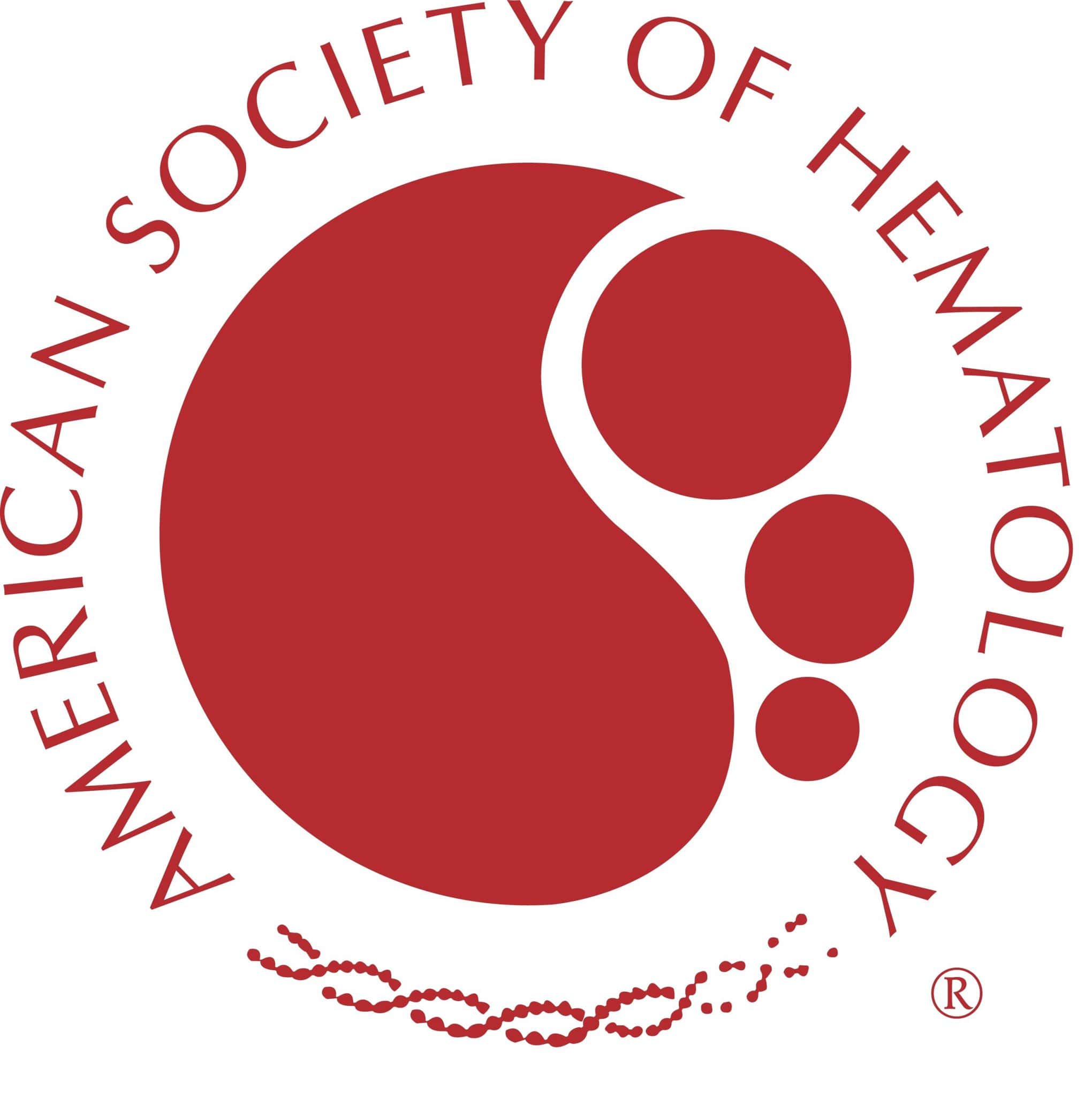
Drugs which target the BCMA receptor look set to feature prominently at this year’s American Society of Haematology (ASH) meeting, with new trial results expected for several of the leading candidates.
The publication of the ASH abstracts yesterday revels no fewer than 51 presentations involving BCMA, including a slew of CAR-T therapies from Bluebird Bio/Celgene, Juno/Celgene, Nanjing Legend/GenScript Biotech, Poseida Therapeutics, CARsgen Therapeutics and Memorial Sloan Kettering Cancer Centre showing impressive efficacy results in multiple myeloma.
Also up for presentation is GlaxoSmithKline’s anti-BCMA antibody-drug conjugate (ADC) GSK2857916 and bispecific antibodies from Amgen (AMG 420) and Pfizer (PF-06863135). Some argue these drugs could prove cheaper, safer and easier to administer than the cell-based CAR-T brigade, which can have serious side effects including cytokine-release syndrome (CRS).
While the abstract data is largely based on cut-off points for the trial earlier this year and will be updated when ASH actually kicks off on 1 December, the studies collectively show very encouraging support for the anti-BCMA mechanism in multiple myeloma – and suggests that the category is likely to be fiercely competitive.
Bluebird/Celgene’s CAR-T bb2121 is currently leading the pack, and is currently in a phase 2 study that the partners hope will support a filing for approval next year. Phase 1 data on the therapy was a highlight pf this year’s ASCO conference, but attention is already shifting to new-generation candidates.
“ASH data updates will be viewed very intently, and while Bluebird/Celgene has a first-mover advantage with bb2121, the clinical data for their next-generation bb21217 candidate will be key to watch with what we see as promising potential for other next-generation BCMA CAR-T’s that have shown impressive data,” said analysts at William Blair in a research note.
Top of that list is bb2127, another Bluebird/Celgene CAR-T that in the abstract achieved an overall response rate (ORR) of 86% in seven of eight evaluable patients recruited in a phase 1 trial, including one stringent complete response (sCR), three very good partial responses (VGPR) and two partial responses (PR).
Also catching the eye is a 19-patient phase 1/2 study of Juno’s JCARH125 – the first data on this candidate – with data on eight evaluable patients who all had an objective response, including three confirmed (one sCL, 2 PR) – and results from a 57-patient open-label trial of Nanjing Legend’s Johnson & Johnson-partnered LCAR-B38M. The latter reveals an ORR of 88%, made up of 72% CR, 4% VGPR and 11% PR.
Among the drug candidates, Amgen’s 35-patient study of AMG 420 revealed an ORR of 23% overall, rising to 83% at the best dose level, with CR of 17% and 50%, respectively. The abstracts for GSK’s GSK2857916 and Pfizer’s PF-06863135 contain no new data for now, but serve as placeholders for updated results once the conference starts.




